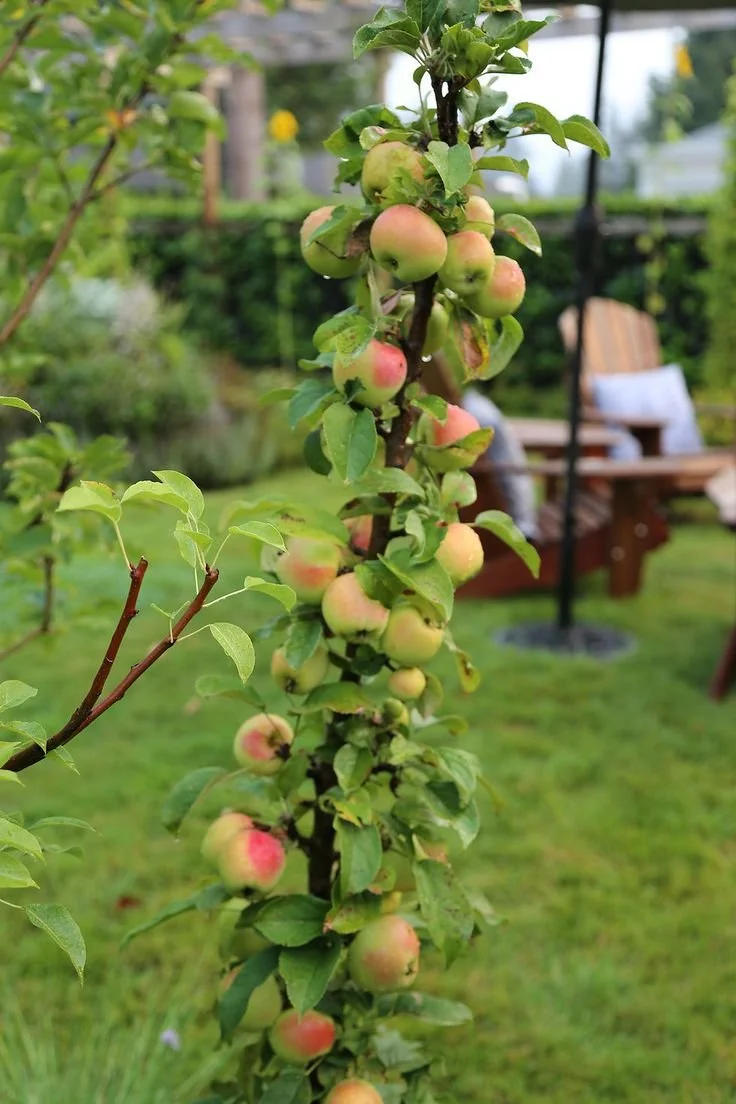4 Crucial Questions Before Buying A Home
At this point, we’ve had a few home purchases under our belt - and the types of homes we’ve collectively purchased has run the gamut. Because of this, we’ve learned a lot - both on what we feel we did right for each purchase, and also from mistakes we’ve made in the process in the past. One lesson we really took away from the home purchasing process was the importance of putting aside your emotions - and even your fantasies about your future life - and asking ourselves the real questions. And not just that, but answering them honestly. From factors regarding the neighborhood to the house itself, and even the cost, here are the four most important questions to ask when buying a home.
How much can you actually afford?
The first step is to figure out how much you can afford. You'll need to take into account your income, debts, expenses, as well as the entire home-buying process. Also, don't forget to factor in the cost of homeownership, such as property taxes, insurance, and maintenance. You should also be prepared for unexpected costs, like a new roof or furnace, or insulation repairs.
Finally, it's essential to have a contingency cushion in case something goes wrong with your home. Ideally, it would be best if you aimed to have at least six months of mortgage payments saved up. If you're not sure how much you can afford, there are plenty of online calculators that can help you determine what size mortgage is right for you.
Just remember, however, that while your life may go up or down, as lives tend to do, your mortgage payments will, for the most part, remain the same. Is it something you can barely swing or is it something you feel comfortable paying each month with room for growth?
New or Used?
There are benefits to both buying a new home or used. If you go with a newly built house, there is likely less maintenance, and the prices are also often lower than an existing property. However, it can take months for your house to get finished, and even then, some things might not work exactly as planned (our dishwasher, washing machine, and heater were all imperfectly installed when we purchased our new-build, true story). But again, inspections also don’t catch everything in a used home.
What size should your house be?
The size of your home is another big consideration. If you're buying a house with the intention to live there for many years, perhaps it might be worth investing in something slightly bigger with room to grow. This way, if you have children or plan on having more people living with you - they won't feel crowded! On the other hand, if this isn't your permanent residence and maybe just an investment property instead - then the costs associated with maintaining a larger house will likely outweigh any benefits.
For example, condos or townhouses are typically easier to maintain than houses because no yard needs mowing or exterior upkeep like painting regularly. You can also get away without paying household bills such as heating since most buildings already have central air conditioning systems.
Think long-term lifestyle
The type of area you want to live in is another critical factor. Do you want to be in the city or the suburbs? Are schools and parks important to you, or are you looking for a more quiet neighborhood with less traffic?
Keep in mind that some neighborhoods can change drastically over time. What's popular now might not be five years from now. Make sure that you do your research on the areas that interest you before making any decisions!
There are many things to think about when buying a home. Taking all of these factors into account will help make the process much smoother and hopefully avoid any costly mistakes down the road.











